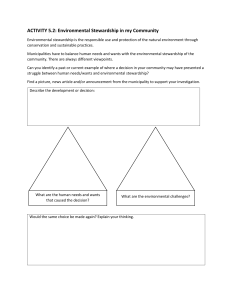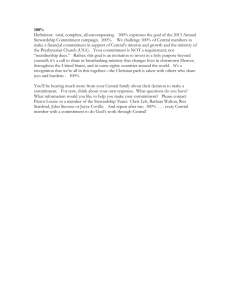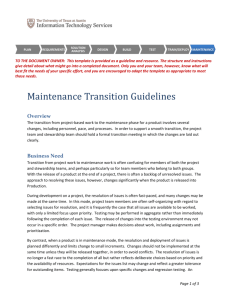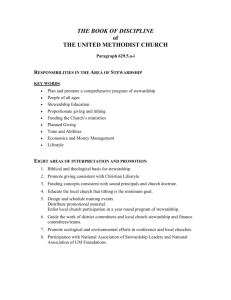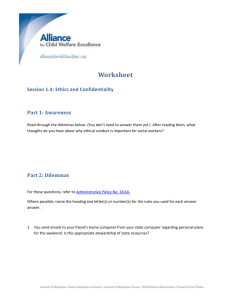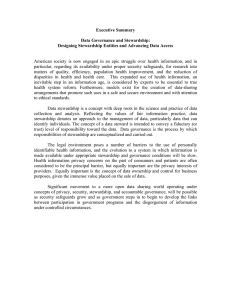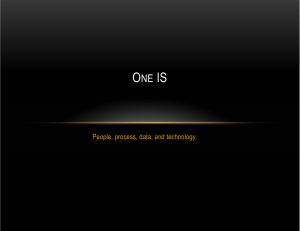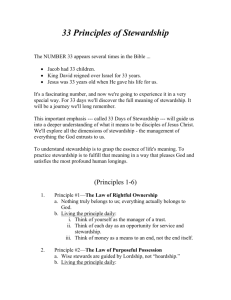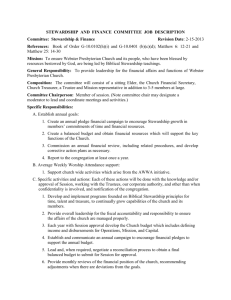In today’s tumultuous economy, the scope and complexity of financial... frequently change. At the core of understanding these different...
advertisement
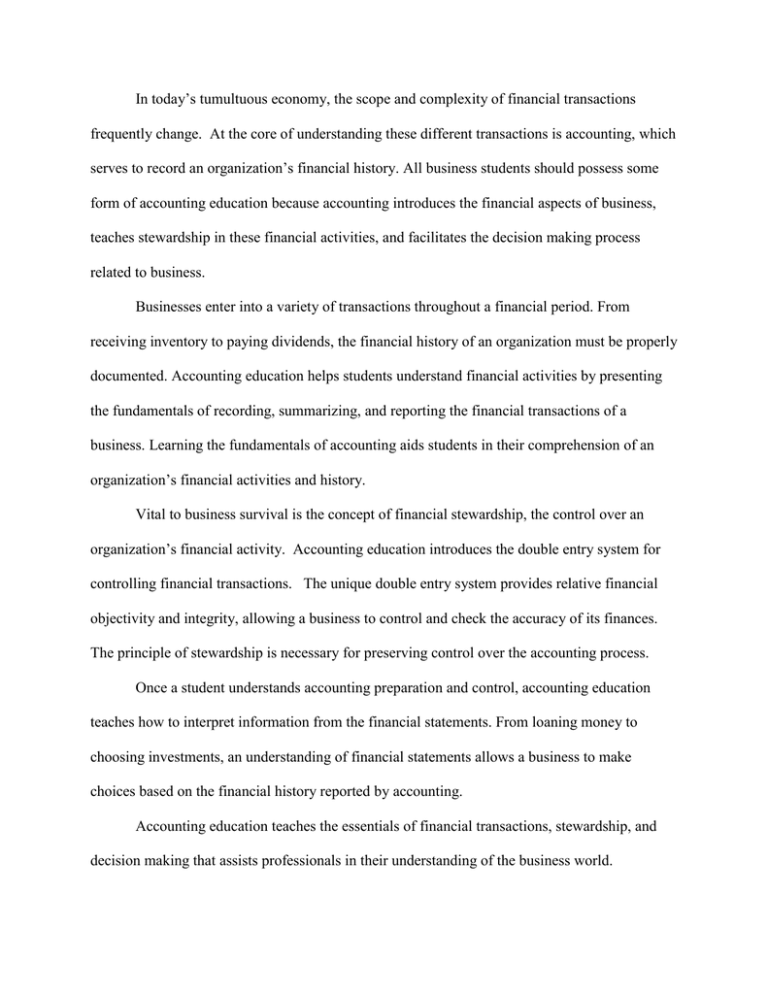
In today’s tumultuous economy, the scope and complexity of financial transactions frequently change. At the core of understanding these different transactions is accounting, which serves to record an organization’s financial history. All business students should possess some form of accounting education because accounting introduces the financial aspects of business, teaches stewardship in these financial activities, and facilitates the decision making process related to business. Businesses enter into a variety of transactions throughout a financial period. From receiving inventory to paying dividends, the financial history of an organization must be properly documented. Accounting education helps students understand financial activities by presenting the fundamentals of recording, summarizing, and reporting the financial transactions of a business. Learning the fundamentals of accounting aids students in their comprehension of an organization’s financial activities and history. Vital to business survival is the concept of financial stewardship, the control over an organization’s financial activity. Accounting education introduces the double entry system for controlling financial transactions. The unique double entry system provides relative financial objectivity and integrity, allowing a business to control and check the accuracy of its finances. The principle of stewardship is necessary for preserving control over the accounting process. Once a student understands accounting preparation and control, accounting education teaches how to interpret information from the financial statements. From loaning money to choosing investments, an understanding of financial statements allows a business to make choices based on the financial history reported by accounting. Accounting education teaches the essentials of financial transactions, stewardship, and decision making that assists professionals in their understanding of the business world.

